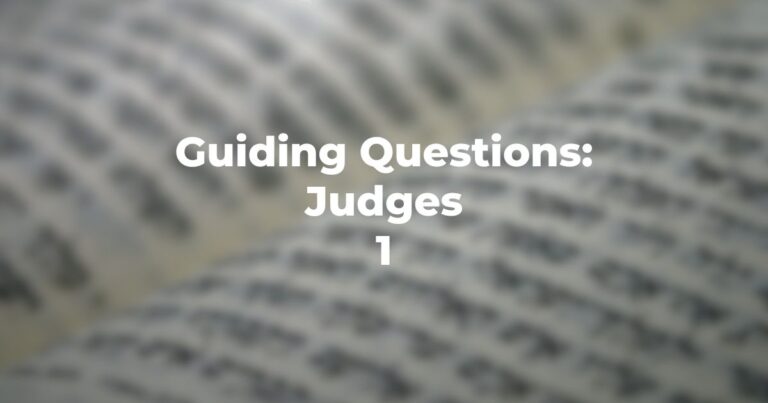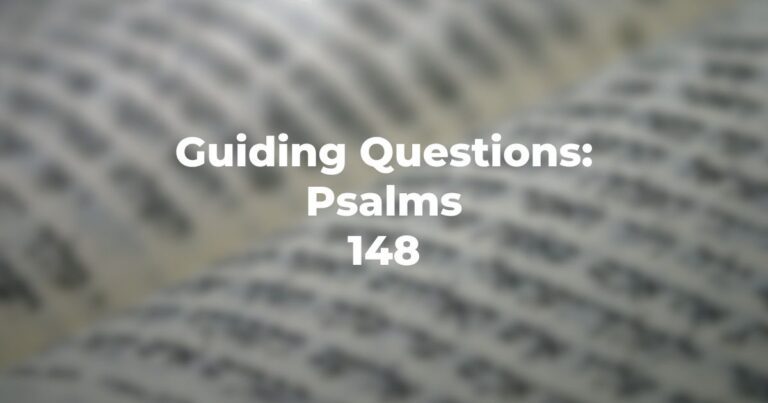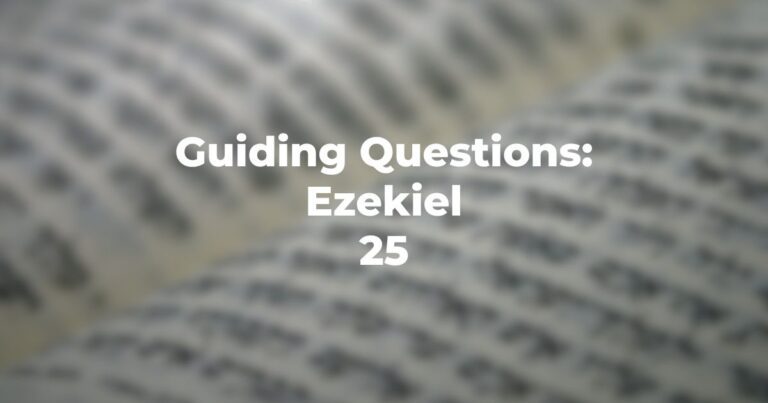- How does Zophar respond to Job’s charges directly? Why do the friends dwell on the fate of the wicked?
- From our perspective is Zophar’s contention that the joy of the wicked is brief acceptable (Job 20:5)?
- What is the force of the indelicate simile in Job 20:7?
- What is the ultimate fate of the wicked (Job 20:7-9)?
- What onus is placed upon the children of the wicked (Job 20:10)?
- Explain the metaphors of food and poison in Job 20:12-18.
- What is the main offense committed by the wicked (Job 20:19)?
- What is the ultimate punishment of the wicked and his family (Job 20:20-21)?
- What is the metaphorical change that occurs toward the end of the chapter (Job 20:23-25) and another shift in Job 20:26?
- What is the meaning of “a fire fanned by no man” (Job 20:26)?
- What does Zophar’s diatribe in this chapter have to do with Job?
Author
-

Exploring Judaism is the digital home for Conservative/Masorti Judaism, embracing the beauty and complexity of Judaism, and our personal search for meaning, learning, and connecting. Our goal is to create content based on three core framing: Meaning-Making (Why?), Practical Living (How?), and Explainers (What?).
View all posts





